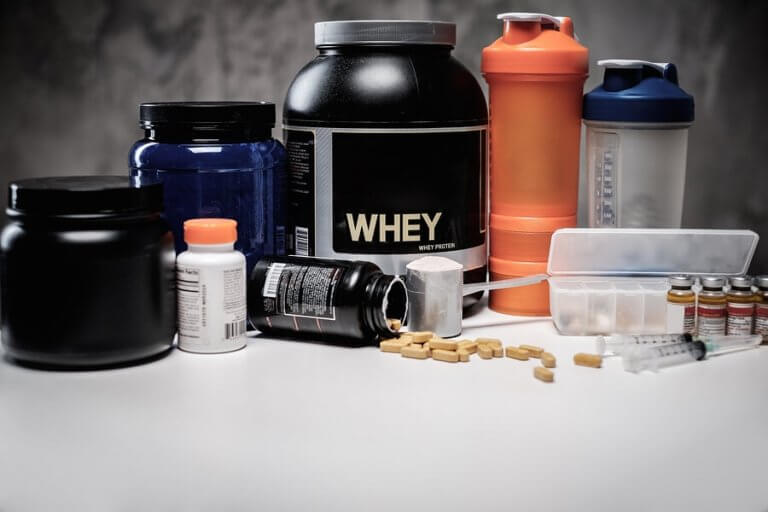Sports nutrition jobs
Both the PhD and EdD offer unique benefits depending on your career aspirations. The PhD in Kinesiology with a concentration in Sports Nutrition is ideal for those who are research-focused and looking to contribute to the academic field or take on high-level research roles https://blackmoonmarketing.com. A PhD prepares graduates to lead research projects, publish in peer-reviewed journals, and shape the future of sports nutrition through new discoveries.
Where will your studies take you?At educations.com, we believe that students who study abroad become the next generation of globally-minded adventurers and leaders – and we want more of you to do it! Every year, our search engine helps over 40 million students connect with some of the best universities and schools around the world.
After receiving a bachelor’s degree, students can apply for a program at the graduate level to specialize in sports nutrition. Prerequisites for entering a graduate program vary, with some schools requiring an undergraduate degree in a related field like general nutrition or exercise science. Coursework for a master’s degree in sports nutrition typically includes topics such as kinesiology, exercise physiology, exercise and aging, vitamins and minerals, health promotion and sports supplements.
Sports nutrition supplements
A review of the literature found that caffeine intake affected sport-specific performance (e.g., running, cycling, swimming, and rowing), as measured in time trials. Although 30 of the 33 trials showed positive improvements in performance, the improvements were not statistically significant in half of them . In these studies, performance improvement ranged from a decrease of 0.7% to an increase of 17.3%, suggesting that the caffeine was very helpful to some participants but slightly impaired performance in others. Factors such as the timing of ingestion, caffeine intake mode or form, and habituation to caffeine could also have accounted for the varied effects on performance.
Caffeine is easily and rapidly absorbed, even from the buccal membranes in the mouth, and is distributed throughout the body and brain. It reaches peak concentrations in the blood within 45 minutes of consumption and has a half-life of about 4–5 hours . For a potential benefit to athletic performance, users should consume caffeine 15 to 60 minutes before exercise . Consumption of caffeine with fluid during exercise of long duration might extend any performance improvements .
When it comes to sports nutrition, the importance of a well-balanced diet cannot be overstated. Whole foods—lean proteins, healthy fats, complex carbohydrates, and a wide array of micronutrients—are the foundation of any athlete’s fueling strategy. However, the growing popularity of sports supplements has led many athletes to turn to powders, pills, and drinks, hoping to boost performance, speed up recovery, or enhance endurance.
Fiber is not found in many of the processed foods Americans commonly eat — such as potato chips, pastries, and fried foods — and only five percent of Americans eat enough of it, a reason why it’s so popular in supplement form. Studies have said that fiber supplements can improve overall and intestinal health, but the researchers point out that the fiber you’re getting in pill or powder form won’t be as efficient as the fiber found in food. (10)
Elite and recreational athletes perform at their best and recover most quickly when they consume a nutritionally adequate diet with sufficient fluids and when they have appropriate physical conditioning and proper training.

International society of sports nutrition
In addition to these studies that spanned one to three weeks, several acute-response (single feeding and exercise sessions) studies exist, during which protein was added to a carbohydrate beverage prior to or during endurance exercise. Similarly, most of these interventions also reported no added improvements in endurance performance when protein was added to a carbohydrate beverage as compared to carbohydrate alone . An important research design note, however, is that those studies which reported improvements in endurance performance when protein was added to a carbohydrate beverage before and during exercise all used a time-to-exhaustion test . When specifically interested in performance outcomes, a time trial is preferred as it better mimics competition and pacing demands.
The BCAAs (i.e., isoleucine, leucine, and valine) appear to exhibit individual and collective abilities to stimulate protein translation. However, the extent to which these changes are aligned with changes in MPS remains to be fully explored.
Sport-related nutritional supplements (SRNSs) include sport drinks, sport bars, and sport gels. Previous studies indicate that 25–35 % of athletes and 25–50 % of military personnel report using these supplemen…
When a high-carbohydrate diet is ingested, whether as small frequent snacks or as large meals, there is no difference between the two with respect to post-exercise glycogen storage for a period of 24 h. Howeve…

